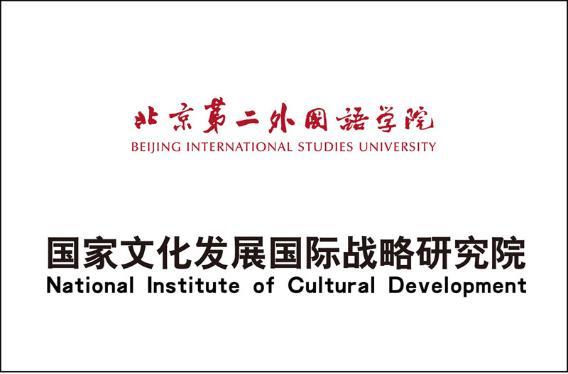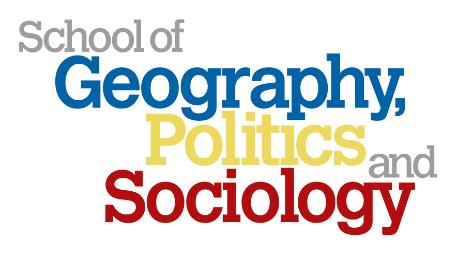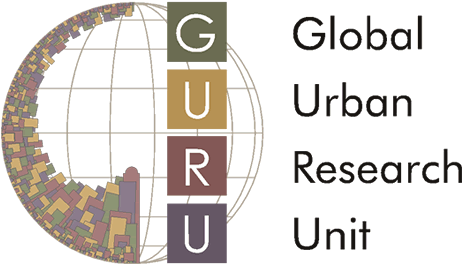Partners

Beijing International Studies University: National Institute of Cultural Development.
A nationwide renowned key school of higher education in China, the university has developed into a multi-disciplinary educational establishment that offers courses in studies of foreign languages, tourism management, liberal arts, management, economics, law and philosophy, with the studies of foreign languages as its dominant disciplines and the studies of tourism and tourism management as its specialized subjects.
To suit the national needs of economic and social advance, the school endeavors to educate and train its students into internationally-minded professionals that are proficient in foreign affairs, tourism industry, economics, business and trade.

With around 2,000 students, Newcastle University Business School is one of the largest schools in Newcastle University, one of the UK’s leading civic universities. In keeping with the University's worldwide reputation the School attracts some of the brightest students from across the globe.
We currently have around 100 staff, including many leading academics recruited from both inside and outside the UK as experts in their fields.

The School of Geography, Politics and Sociology (Newcastle University) was formed in 2003, and brought together three formerly separate Departments. Each of these Departments had a long history of teaching and research, with Geography having been taught at Newcastle University (though until the 1960s it was as part of the University of Durham) since 1927. Politics has been taught at Newcastle for over 50 years, and Sociology (or Social Policy) for almost 40 years.

The Global Urban Research Unit (Newcastle University) aims to be:
"a globally significant organisation in the research and transformation of cities, place and territory"
The Global Urban Research Unit combines traditional and innovative approaches to the analysis of cities and towns, to better understand place and its potential creative and sustainable transformation.
Our work is theoretically informed but often deeply related to the experiences of citizens, policy-makers and other stakeholders. GURU thus prides itself on the ways its work mixes applied and theoretical elements to varying degrees.
GURU's work is centrally concerned with questions of social and environmental justice in the management and direction of place futures. We are particularly interested in how places are governed and how different governance regimes affect outcomes.

